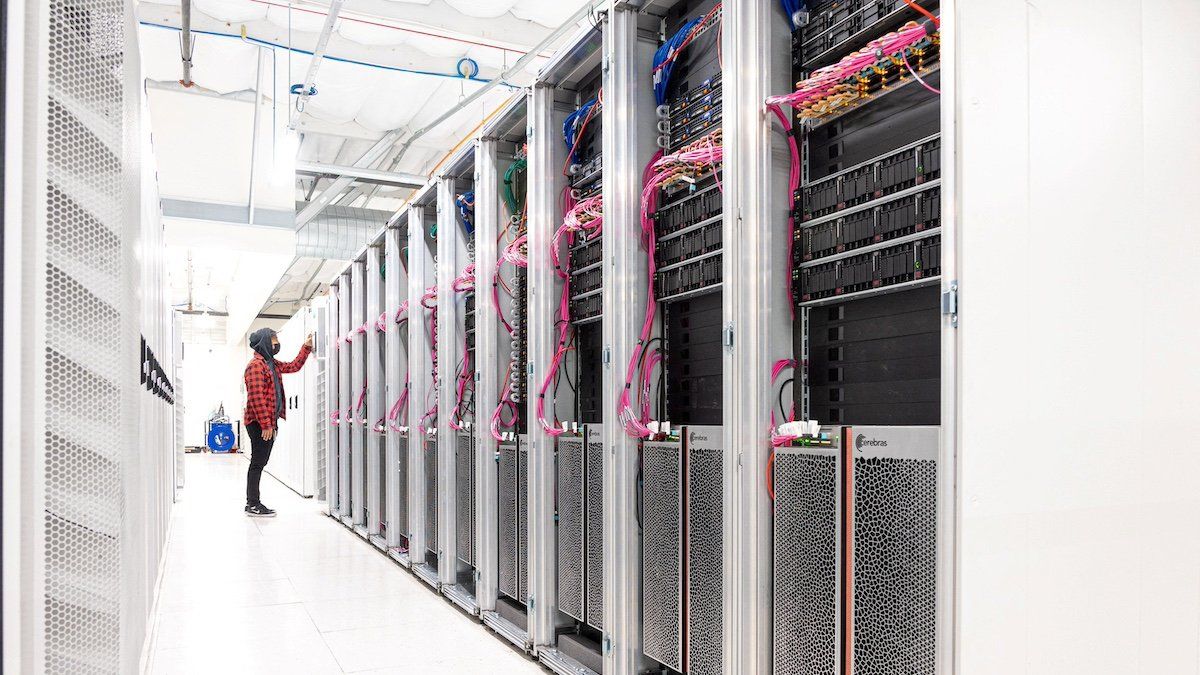9.1: The nonprofit Electric Power Research Institute estimates that data centers will drain up to 9.1% of US electricity by 2030. Last year it was just 4%, but the rise of artificial intelligence has placed newfound demands for easily accessible computing power.
54: The increased energy demands from AI have even slowed US plans to close coal plants. 54 gigawatts of coal-based power generators are expected to be retired by 2030, a number that has fallen 40% from last year’s estimate from S&P Global Commodity Insights.
2: Only 2% of Brits say they use ChatGPT or another AI technology every single day, according to a new survey from Reuters Institute and Oxford University. “Large parts of the public are not particularly interested in generative AI, and 30% of people in the UK say they have not heard of any of the most prominent products, including ChatGPT,” the report’s lead author said.
480 million: Palantir won a $480 million deal with the US Army for a computer vision project. The Peter Thiel-founded company already works extensively with the military and has worked with allied militaries, including Ukraine’s in the war against Russia.
47.5 billion: In the face of stringent US export controls that limit China’s ability to gain access to important semiconductors, the Chinese government announced its third chip fund after similar investments in
2014 and 2019. This fund is a
$47.5 billion investment into chip companies, aimed at getting a stronger foothold on the chips necessary for training and running AI models.
